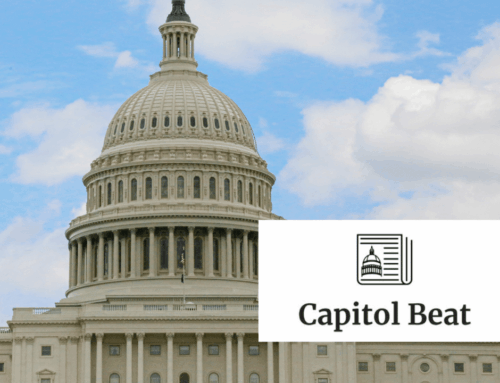Today, the House passed an emergency spending bill that weighed in $21 billion heavier than President’s $103 billion proposal. House leadership greased up the legislation to get just enough fence sitters to slide over to their side. Even with billions in extra goodies to tempt leaning lawmakers, the massive spending bill just squeaked by in the House. It now heads to the Senate, where they are working on a similar bill that weighs in only very slightly smaller, at $121 billion.
The bill was littered with special interest provisions, yet House Democratic leaders inexplicably claimed that none of these were earmarks. You can say up is down, black is white, and the sky is green, but that doesn’t make it so. A small statement at the end of a bill that says it contains no earmarks doesn’t make them disappear.
The emergency supplemental had earmarks for mitigation projects at the Stennis Space Center ($35 million), for peanut storage ($74 million), for Spinach growers ($25 million), and for a Mississippi flood control project ($37 million), just to name a few. These earmarks have slipped through increasingly large loopholes in the recently adopted transparency rules. House leadership needs to close these gaping loopholes if they are going to retain a shred of credibility on the transparency issues.
The game has shifted to the Senate, where we are sure to find more buried parochial treasure. Once they finally let the public inspect their bill, of course. The emergency spending bingo has gotten out of hand in recent years. Emergency supplemental appropriation bills should be rare and targeted to meet true emergencies. The recent so-called emergency supplemental spending bills for the Iraq and Afghanistan wars don’t come close to meeting the standard definition of emergency: sudden, temporary, unforeseen and urgent. Instead, they have become opportunities to pile on excess funding outside the normal, relatively constrained budget process. It looks like lawmakers are confusing “expediency” with “emergency.”
Congress needs to strengthen the recently adopted transparency rules so they actually work. And Congress needs to clean up its act before sending an emergency spending bill to the President, so that they only spend money on true emergencies rather than political ones.










